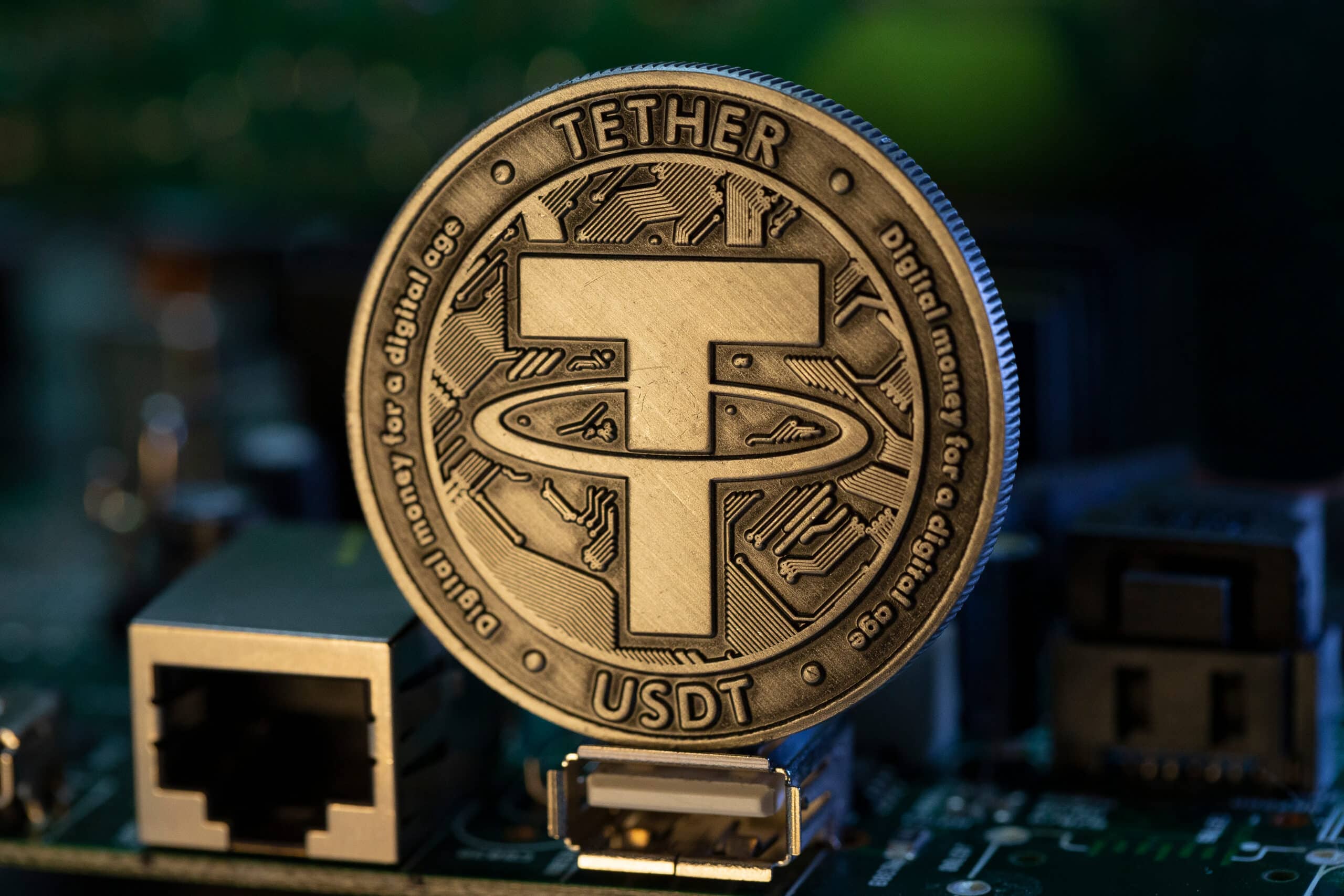Correction and updates, Saturday, May 10, 2025, 12:07pm ET: This article has been updated to state that a definition in the current form of the bill will not apply to DeFi. Unchained originally inaccurately reported that the bill would hurt DeFi. Unchained regrets the error. Additionally, this article has been updated to say that exclusions were added to the definition of a digital asset service provider, and a three-year compliance grace period was added for exchanges and custodians.
Update, Saturday, May 10, 2025, 4:42pm ET: An earlier version of this story stated this bill was newly found or discovered. While Unchained reviewed the official text available on Congress.Gov, Politico Pro had released a draft version of this bill on May 1.
For almost a decade, Tether, the largest stablecoin issuer in the world, has dodged allegations of incomplete reserves and rumors because it operated in the shadows outside of regulation.
And now Senate Republicans (and maybe Democrats) appear to be poised to remove that stigma by pulling Tether into U.S. jurisdiction.
On Thursday, the Senate failed to push through a vote to try and begin formal debate on a newly revised version of the stablecoin bill.
Among several changes in the GENIUS Act that was voted on vs. the one from the Senate Banking Committee in March, the biggest is that it extends U.S. jurisdiction to foreign stablecoin issuers like Tether if they serve U.S. users, regardless of where they’re based. This expands upon how the March version also benefited Tether: by broadening the definition of which types of assets would qualify to back stablecoins.
While this would be a massive boon to the $150 billion market cap stablecoin, other new additions would also be beneficial to various DeFi participants, plus allow exchanges and custodians more time to comply with the proposed law.
Below are the key differences between this new bill and the previous version.
Key Changes in New GENIUS Act
The new bill, which still goes by the name GENIUS Act (but by a new bill number, S. 1582), drops the two Democratic co-sponsors of the bill, Sen. Kirsten Gillibrand and Sen. Angela Alsobrooks, and now only includes the Republican sponsor Sen. Bill Hagerty, and three additional co-sponsors, Sen. Tim Scott, Sen. Cynthia Lummis, and Sen. Dan Sullivan — all Republicans.
Since the bill is only sponsored by the GOP so far, this could affect the prospects of success in the Senate unless one or more Democrats also co-sponsor the bill.
Read More: A House Hearing on Crypto? More Like a Big, Partisan Fight
The latest version of the GENIUS Act introduces four key changes with mixed implications for the crypto industry:
- Foreign issuers held accountable: The new GENIUS Act adds in the concept of “extraterritoriality,” meaning if the stablecoin issuer is outside the U.S. but targets U.S. persons, they must comply with these stablecoin regulations. (This provision would end Tether’s ambiguous regulatory status. And, combined with the previous concession to expand the types of assets that could be used to back stablecoins, it further cements how the bill could benefit the company that is said to be the seventh-largest purchaser of U.S. Treasuries.)
- The role of digital asset service providers: The newly revised definition adds to the list of exclusions to the proposed law. The March version stated that this proposed law does not apply to a “distributed ledger protocol” or blockchain, or to developing, operating, or engaging in the business of developing blockchains or self-custodial software interfaces. The version released Friday now includes exclusions for an immutable and self-custodial software interface; developing, operating, or engaging in the business of validating transactions or operating a distributed ledger node; or participating in a liquidity pool or other similar mechanism for the provisioning of liquidity for peer-to-peer transactions. The upshot of these changes is to protect DeFi participants from being swept in.
- New time period for DASPs to comply: In the prior version of the GENIUS Act, digital asset service providers were prohibited from offering payment stablecoins that are not issued by a permitted payment stablecoin issuer, which is limited to licensed issuers of 1:1 reserve-backed stablecoins. Additionally, the March version stipulated that exchanges such as Coinbase and Binance and custodians such as BitGo would also be regulated under this new stablecoin legislation. The new bill published Friday would give those types of companies three years to comply with this requirement, during which, for instance, Coinbase would have to de-list decentralized stablecoins such as, say, Dai.
- Safe harbor authority: It grants the Treasury Secretary limited safe harbor authority to offer regulatory flexibility for small or experimental projects, but also allowing unilateral action during “exigent circumstances,” which some may view as excessive executive power.
It remains unclear exactly when Senate Democrats received or reviewed the updated bill, though these modifications likely reflect the behind-the-scenes lobbying by the crypto industry prior to the vote.
Read More: Congress Bickers Over Whether to Bail Out Stablecoins
Now that the full text is accessible, the crypto industry and other stakeholders can evaluate how this version diverges from the bipartisan bill passed out of Committee in March — and determine any policy implications for how stablecoins will be regulated in the U.S.
Some experts project there could be another vote to start debate on the stablecoin bill in the Senate by the end of the month.
Unchained reached out to Tether, as well as Senators Hagerty, Scott, and Lummis , but did not receive a response by press time.
Watch the latest: Why the Senate Stablecoin Bill Stalled & What It Means for Crypto
With Kristin Smith and Amanda Tuminelli



